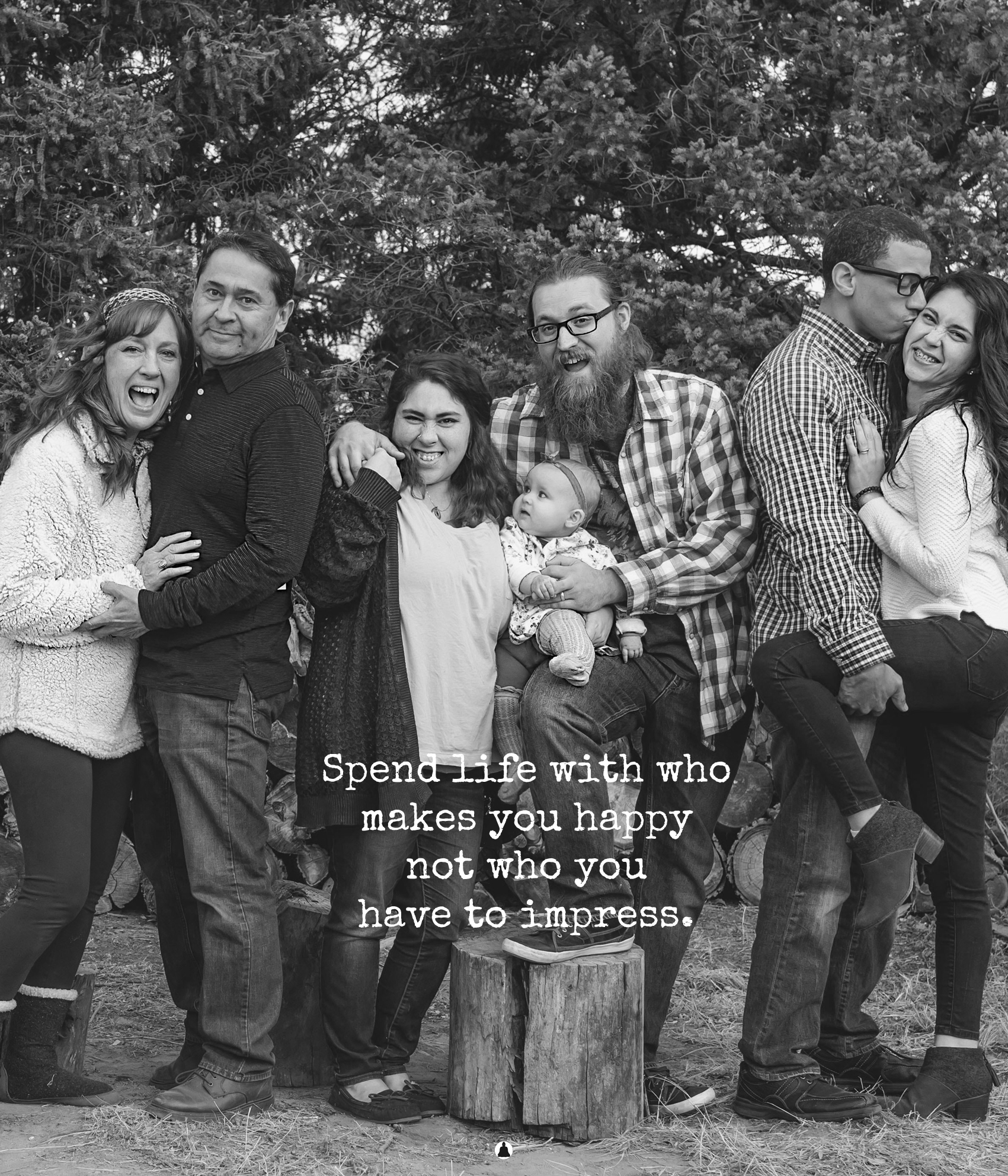Why do we have a tendency to treat close family and significant others less kindly than we treat acquaintances and strangers? And I don’t believe that familiarity leads to contempt over time. At the end of the day, it’s not that all the things we liked about our loved ones have little by little become obnoxious to us. Rather, it’s that over time, we stop being tolerant of all the things that we have never liked about them.
Moreover, pain earns our attention much more than pleasure which gradually causes us to have the least amount of tolerance for the annoying habits, faults, and negative behaviors of our loved ones.
However, we all want to treat our close family members and significant others well. We want to show our loved ones respect and treat them with kindness and dignity – and we often feel guilt when we treat them unkindly and unfairly.
So, supposing we are not so disappointed or bored with our partner that we want to leave them, or so disappointed or annoyed with our parents that we want to completely distance ourselves from them, what should we do?
Here are 3 useful strategies that can help you fix this problem before it’s too late:
1. Try imagining the loss of your loved ones.
The aim of this strategy is to produce strong feelings of gratitude. Vividly picturing ways in which a family member or a partner might be taken from you will make you evoke the gratitude which you still have for that person.
For example, you can write a list of all the things you adore about your loved ones and then set aside some time every day to vividly envision ways how you could lose them. If you envision a life without your partner, you would picture feeling the emptiness her or his absence would create in your life, or seeing the sofa you sit on while watching movies together but without her or him next to you, or seeing the bed in which you two cuddle but without her or him next to you.
You would also think about how you would have to change your day-to-day routines and do everything alone, such as: going on holiday on your own, going to birthday parties or weddings on your own, and so on.
The practice of envisioning the loss of a loved one every day will make you feel grateful for having them in your life and for everything they’ve done for you.
2. Spend time with your family and partner in the company of others.
You have probably noticed that you behave one way with members of your family and another with your close friends, and yet another with your colleagues or boss. Well, which self you show at any moment depends more on the people that are around you than you.
When you’re in the company of people that are not that close to you and with whom you don’t regularly hang out, you will find yourself behaving more patiently and politely to your loved ones too.
Moreover, you’ll also have a chance to pay attention to and appreciate the good qualities of your loved ones as well as the positive behaviors they show in the company of others.
3. Never distance yourself completely from your partner and family, but take a break from them as needed.
This will help you look at your loved ones from a new and better perspective. Mingling with other people and gaining new experiences will pull a kinder and more compassionate self out of you. A self that is able to more easily find a way to see and value the good qualities of your loved ones and a self that more easily understands and embraces the things you find annoying about them.






